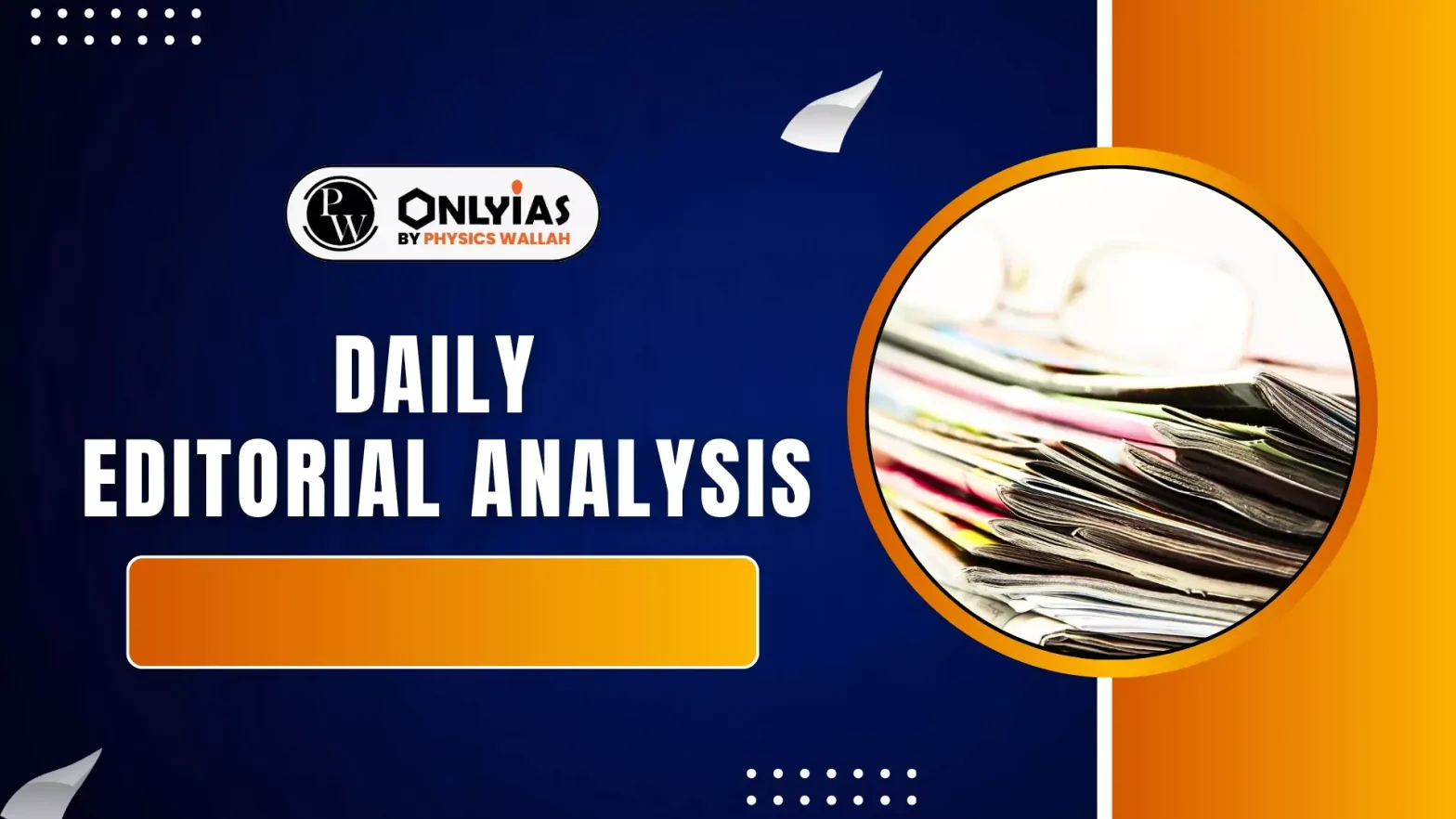The Model Code of Conduct (MCC), despite being issued by the Election Commission to ensure free and fair elections, is frequently undermined as political parties find ways to sidestep its provisions.
About Model Code of Conduct (MCC)
- Definition: MCC is a set of guidelines regulating the behaviour of political parties and candidates during elections.
- Evolution: Originated in the 1960s, strictly enforced since the 1990s (during the tenure of T. N. Seshan as the Chief Election Commissioner), revised significantly in 2013.
- Objective: Ensures a level playing field and prevents misuse of government authority for electoral gains.
- Applicability: Effective from the announcement of the election schedule till declaration of results.
Key Provisions of MCC
- General Conduct: Restricts hate speeches, caste/religion-based appeal, and personal attacks.
- Government Restrictions: Prevents the ruling party from announcing new schemes, projects, grants or subsidies.
- Use of Official Machinery: Ministers are not allowed to combine official events with campaign-related activities or use government resources for electioneering.
Limitations of MCC
- Voluntary Nature: The MCC does not have legal backing, making it a moral code that can only be enforced based on the goodwill and integrity of political actors.
- Limited Legal Support: Only a limited set of MCC violations, mainly those involving campaign misconduct, can be penalised under the Representation of the People Act, 1951, which restricts the Election Commission’s ability to enforce the Code comprehensively.
- Ease of Circumvention: Though new announcements are barred during elections, ruling parties often exploit the “ongoing schemes” exception by rebranding fresh programmes as previously approved, thereby circumventing the Model Code of Conduct.
Case Study of Bihar- Mukhyamantri Mahila Rojgar Yojana (2025)
- Cash Transfer Timing: The Bihar government initiated direct cash transfers of ₹10,000 to roughly 75 lakh women just weeks before the state elections, significantly influencing voter sentiment.
- Violation: Although justified as an extension of an “ongoing scheme,” the timing and execution clearly violated the spirit of the MCC by allowing the ruling party to use public funds to gain electoral mileage.
- Mohinder Singh Gill Case: In the 1978 Mohinder Singh Gill case, the Supreme Court affirmed the Election Commission’s plenary powers under Article 324, enabling it to act even where laws are silent; however, the exercise of this authority hinges on the resolve of current EC officials.
Should MCC Be Made Legally Binding?
- Standing Committee (2013) Recommendation: The Parliamentary Standing Committee on Law and Justice recommended granting statutory backing to the MCC to prevent frequent violations.
- Election Commission’s Stand: The Election Commission opposes making MCC legally enforceable, arguing that court procedures take longer than the 45-day election cycle, which would make meaningful enforcement impractical.
Way Forward
- Realistic MCC: Rather than retaining provisions that are routinely violated, the MCC should prioritize measures that are realistically monitorable and enforceable, especially regarding government schemes and grants.
- The Election Commission should also review and remove symbolic or impractical restrictions under the MCC.
- Prioritise Enforceable Regulation: The Election Commission should be given greater authority to curb misinformation, hate speech, and misuse of state machinery rather than policing welfare schemes.
Conclusion
As Dr. B. R. Ambedkar warned, even the best-designed rules fail without integrity in implementation. The MCC is weakened not by its legal limits, but by the ethical failure of those prioritizing political gains over democratic responsibility.
![]() 6 Nov 2025
6 Nov 2025

